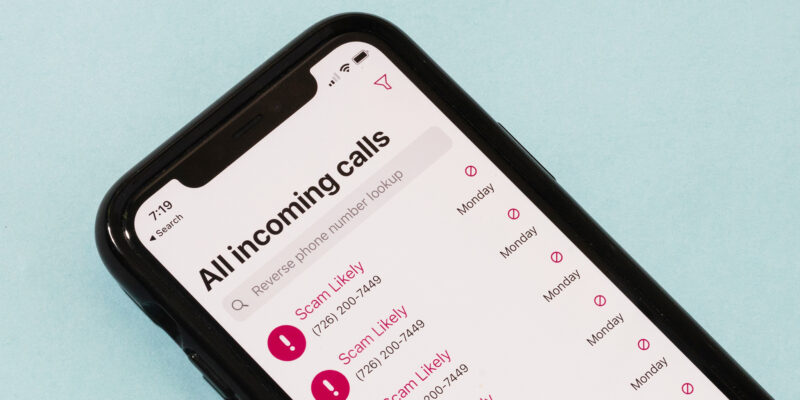BEWARE of 02045996875 /+442045996875 / 020 45996875?
In our digital age, where smartphones have become an essential part of our lives, receiving unexpected calls from unknown numbers is a common occurrence. The curiosity to find out who called can be tempting, but it’s important to exercise caution, especially when dealing with unfamiliar numbers. One such number that has been the source of curiosity and concern for many in the UK is 02045996875. In this article, we’ll explore who might be behind this number and why you should be cautious about calls from the 020 area code.
The 020 Area Code: A Closer Look
The 020 area code covers London and its surrounding areas, making it one of the most widely recognized area codes in the UK. With such a broad coverage area, it’s no surprise that many legitimate businesses and individuals use this code for their phone numbers. However, it has also become a favorite among scammers and spam callers due to its familiarity and credibility.
Who’s Behind 02045996875?
When you receive a call from a number like 02045996875, the first instinct may be to answer and find out who’s on the other end. However, this is where caution is necessary. Scammers often use local or recognizable area codes to trick people into answering their calls. They may pose as banks, government agencies, or other trustworthy entities to gain your trust.
To determine who is behind this specific number, you can try searching for it online. Several websites and forums are dedicated to sharing information about spam and scam phone numbers, which can help you identify potential risks associated with a particular number. In some cases, users share their experiences and offer insights into the caller’s intent.
Common Scams Associated with the 020 Area Code
While we can’t say for certain who is behind the number 02045996875, we can shed light on some common scams associated with the 020 area code. Being aware of these scams can help you protect yourself from falling victim to fraudulent activities:
- Tax Scams: Scammers may call claiming to be from HM Revenue & Customs, alleging that you owe taxes and threatening legal action if you don’t pay immediately.
- Banking Scams: Fraudsters impersonate bank officials, requesting personal and financial information, such as bank account details and PINs.
- Tech Support Scams: Scammers pretend to be from well-known tech companies, claiming that your computer has a virus or security issue that requires immediate attention and payment.
- Utility Scams: Scammers pose as utility providers, threatening to cut off your services if you don’t make an immediate payment.
Protecting Yourself from Spam Calls
To safeguard yourself from spam calls, consider these tips:
- Screen Calls: Let unfamiliar numbers go to voicemail. Legitimate callers will usually leave a message.
- Use Caller ID: Many smartphones offer caller identification, which can help you determine if a call is spam or legitimate.
- Block Spam Numbers: If you receive spam calls from a specific number, block it to prevent future calls.
- Never Share Personal Information: Never give out personal or financial information over the phone unless you initiated the call and are certain of the recipient’s identity.
- Verify Requests: If someone claims to be from an organization, verify their identity independently before taking any action.
- Report Spam Calls: You can report spam calls to your mobile provider and relevant authorities like the Information Commissioner’s Office (ICO) in the UK.
In conclusion :
While the curiosity to know who called you from 02045996875 is understandable, it’s crucial to prioritize your safety and security. Be vigilant when dealing with unknown callers and take steps to protect yourself from potential scams. By staying informed and cautious, you can reduce the risk of falling victim to fraudulent activities carried out through spam phone calls.
